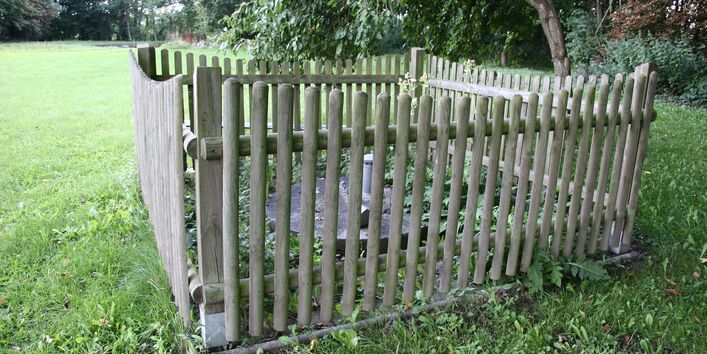Undivided health protection for drinking-water
In Germany, the requirements governing drinking water quality must be met by all drinking water supplies, regardless of their size, the quantity supplied, the number of persons served, or organizational and ownership structures. Therefore, all minimum requirements stipulated in the German Drinking Water Ordinance also apply to private wells as well as to small public supplies. Such facilities are also subject to surveillance by the authorities. By adopting this approach, Germany ensures non-discriminating, undivided health protection with respect to drinking water for all citizens.
